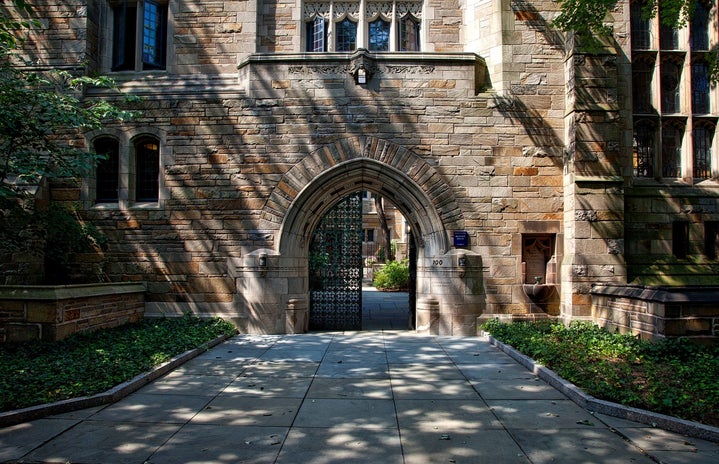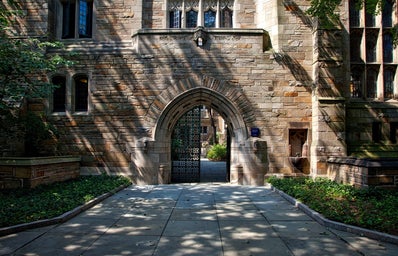Every college campus has some type of coffee shop whether it be Starbucks, Dunkin Donuts, Einsteins or a student run coffee shop specific to your campus. Many students depend on coffee to get them through the day, otherwise, it’s considered to be a waste of a day. Coffee has become a crucial aspect of the college lifestyle and it is all thanks to caffeine.
Many use the term “addicted” when describing how they feel about coffee, but are students really addicted to coffee? Or are they addicted to the caffeine that is in coffee? Caffeine is the main reason many of us drink coffee, but it is also classified as a drug. Caffeine acts as a stimulant and reduces drowsiness for some amount of time, but not forever. Coffee increases your focus and has been linked to reducing risk for some illnesses like Parkinson’s, Diabetes, and even Alzheimer’s disease. When college students become dependent on coffee and therefore dependent on caffeine, things can get messy when we don’t get our “coffee fix”.
Going without coffee for even a day can result in withdrawal symptoms including headaches, irritability, muscle aches and anxiety. The way caffeine works also greatly affects the chemicals being produced in the brain. The caffeine in coffee binds to adenosine receptors in the brain which is creating the stimulating and alertness effects of consuming coffee.
Adenosine is a chemical naturally produced in the brain that causes the feeling of drowsiness – aka the complete opposite of caffeine. Now that caffeine is blocking the adenosine from binding, less adenosine is being produced by the brain. From there, caffeine begins to screw with your sleep schedule and cause you to lose deep sleep and then be even more tired and need more coffee. What a vicious cycle!
Coffee has 180 mg of caffeine in it which is much higher than a bottle of soda. It it the lifeblood of many students, especially during finals week. The importance of coffee is great on a college campus and it can chalked up to the addictive qualities of caffeine.



